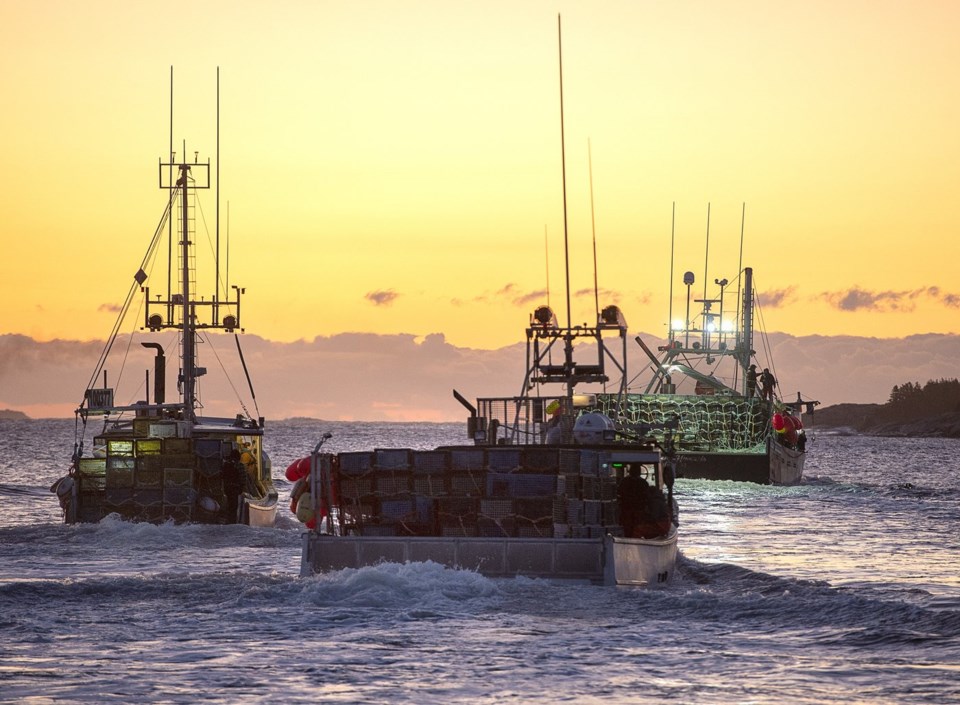HALIFAX ā A commercial lobster fishing group in southwestern Nova Scotia is seeking a court to have a lobster fishery run by a First Nations community declared illegal.
The United Fisheries Conservation Alliance says it also wants the court to define the scope and limits that should apply to a fishery operated by the Sipekneākatik First Nation in St. Maryās Bay.
The groupās lawyer, Michel Samson, says a notice of action was filed Thursday with the Nova Scotia Supreme Court.
Samson says the alliance is suing because a separate court case ā filed by Sipekneākatik First Nation against the federal and Nova Scotia governments ā was paused in order to mediate a resolution.
The Sipekneākatik First Nation had gone to court in 2021 to have its lobster fishing rights affirmed.
Commercial and Indigenous lobster fishers have been in a long-running dispute in Nova Scotia about the rights of First Nations to fish outside the federally regulated season.
In a news release, the fisheries conservation alliance, which was an intervener in the Sipekneākatik case, says it was āunacceptable" that court proceedings were paused in favour of mediation.
Alliance president Colin Sproul says fishers have no confidence in the federal government to protect the interests of commercial licence holders.
āThe lack of clarity around ā¦ First Nation rights in the lobster fishery have created conflict and confrontation throughout the Maritime provinces,ā Sproul said in the news release. āWe need the court to provide clarity so that the commercial lobster fishery can remain sustainable.ā
The notice of action by the alliance names Sipekneākatik Chief Michelle Glasgow and the attorney general of Canada as defendants. Glasgow was not immediately available for comment.
The Supreme Court of Canadaās 1999 Marshall decision says the Miākmaq, Maliseet and Passamaquoddy bands in Eastern Canada could hunt, fish and gather to earn a āmoderate livelihood,ā though the court followed up with a clarification two months later, saying the treaty right was subject to federal regulation to ensure conservation.
In September 2020, the Sipekneākatik First Nation issued five lobster licences to its members, saying they could trap and sell their catch outside the federally regulated season.
In the months that followed there were confrontations on the water, rowdy protests and riots at two lobster pounds, one of which was razed by arson.
This report by The Canadian Press was first published Aug. 23, 2024.
The Canadian Press


.png;w=120;h=80;mode=crop)

